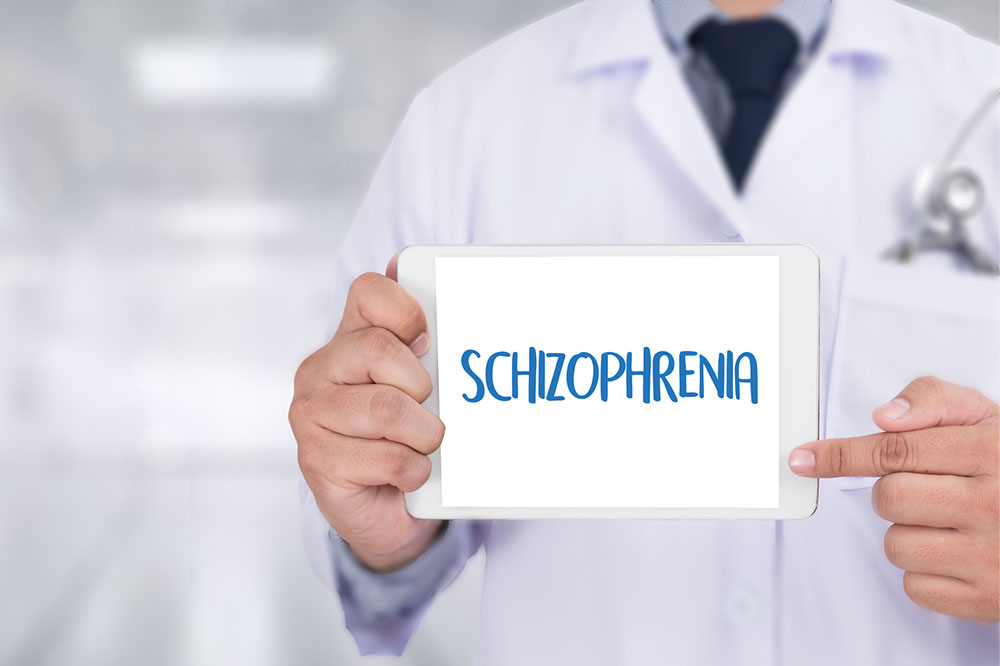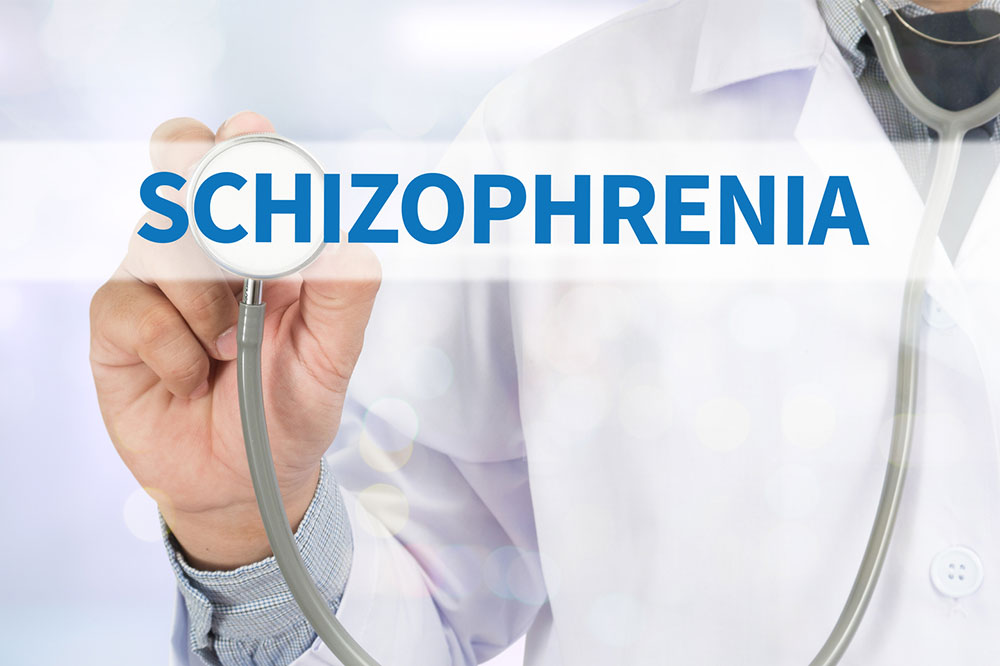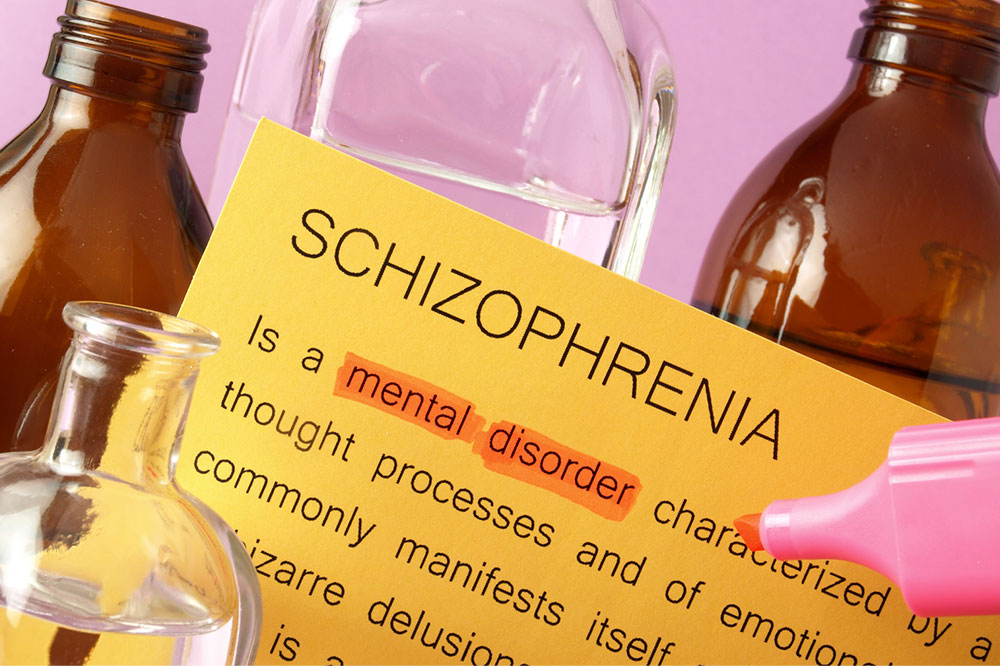Comprehensive Guide to Adult ADHD: Recognizing Symptoms, Facing Challenges, and Exploring Effective Treatments
Adult ADHD is a persistent neurological condition affecting many adults worldwide. This comprehensive guide explores common symptoms, daily challenges, and effective treatment strategies including medication, therapy, and lifestyle changes. Early diagnosis and tailored interventions can significantly improve quality of life, helping adults manage impulsivity, inattentiveness, and emotional instability. With proper support, individuals can develop essential skills to enhance productivity, relationships, and overall well-being, proving that adult ADHD, while challenging, can be effectively managed with the right approach.

Understanding Adult ADHD: Signs, Difficulties, and Optimal Therapeutic Strategies
Attention Deficit Hyperactivity Disorder (ADHD) is widely perceived as a childhood condition, but a significant number of adults continue to experience its effects well into their adult years. While society often associates ADHD with hyperactive children, research reveals that approximately 60% of individuals diagnosed in childhood still grapple with symptoms such as impulsivity, inattentiveness, and hyperactivity as adults. It’s crucial to understand that adult ADHD is a persistent neurological condition, often unrecognized until later in life, resulting in various personal and professional challenges.
Across the United States, about 5% of young adults—men and women alike—are diagnosed with ADHD. Many adults discover they have the disorder only after struggling with classroom achievement, workplace productivity, or interpersonal relationships. These hidden symptoms originate from developmental patterns established in childhood that may intensify or become more complicated with age, requiring precise awareness and proper management strategies.
Common Signs of Adult ADHD:
Chronic forgetfulness and difficulty recalling important information
Frequent struggles to follow or complete instructions
Persistent trouble finishing tasks within deadlines
Difficulty maintaining sustained focus on current activities or conversations
Challenging time management and prioritization skills
Unsafe driving behaviors, including traffic violations and distracted driving
Challenges Faced by Adults Living with ADHD:
Heightened risk of depression and anxiety
Ongoing forgetfulness leading to missed appointments or deadlines
Chronic feelings of boredom and restlessness
Frequent irritability and anger outbreaks
Low self-esteem stemming from repeated failures or criticism
Impulsive decision-making that can jeopardize personal safety or relationships
Severe mood swings affecting daily stability
Procrastination leading to increased stress and workload accumulation
Strain in personal and professional relationships due to behavioral misunderstandings
Verbal or substance misuse as coping mechanisms
Low tolerance for frustration and frequent emotional outbursts
Repeated tardiness impacting work or social engagements
It’s important to note that ADHD symptoms are diverse; thus, the difficulties individuals face vary considerably. For some, the disorder may manifest as underperformance in school or work, resulting in grade repetition, disciplinary action, or job loss. Others may encounter persistent relationship issues or social withdrawal. Recognizing these patterns early facilitates timely intervention and management.
Effective Treatment Options for Adult ADHD:
Medications: Stimulant drugs such as amphetamines and methylphenidate are commonly prescribed to improve neurotransmitter activity in the brain. These medications help mitigate core symptoms of inattention and hyperactivity. Non-stimulant drugs like atomoxetine and antidepressants such as Wellbutrin offer alternative options for patients who may not tolerate stimulants or have co-existing conditions.
Psychotherapy and Counseling: Behavioral therapies tailored for adults with ADHD focus on developing organizational skills, enhancing time management, and problem-solving capabilities. Cognitive-behavioral therapy (CBT) specifically can help modify negative thought patterns, reduce impulsivity, and improve emotional regulation.
Coaching and Skill Development: ADHD coaching helps individuals set realistic goals, establish routines, and implement practical strategies to manage daily responsibilities effectively. This personalized approach empowers adults to achieve better independence and confidence.
Mindfulness and Mind-Body Techniques: Mindfulness meditation and relaxation exercises have shown promising results in increasing attention span, reducing stress, and fostering emotional stability. Incorporating these practices into daily routines can significantly improve overall well-being.
Beyond medications, lifestyle modifications such as regular exercise, balanced nutrition, adequate sleep, and stress management techniques play an essential role in comprehensive ADHD management.
In conclusion, recognizing adult ADHD's signs and symptoms is vital for timely intervention. With a combination of medication, psychotherapy, skill-building, and lifestyle adjustments, adults with ADHD can lead more organized, productive, and fulfilling lives. If you suspect you have ADHD, consult a healthcare professional specializing in adult mental health to explore tailored treatment options.





